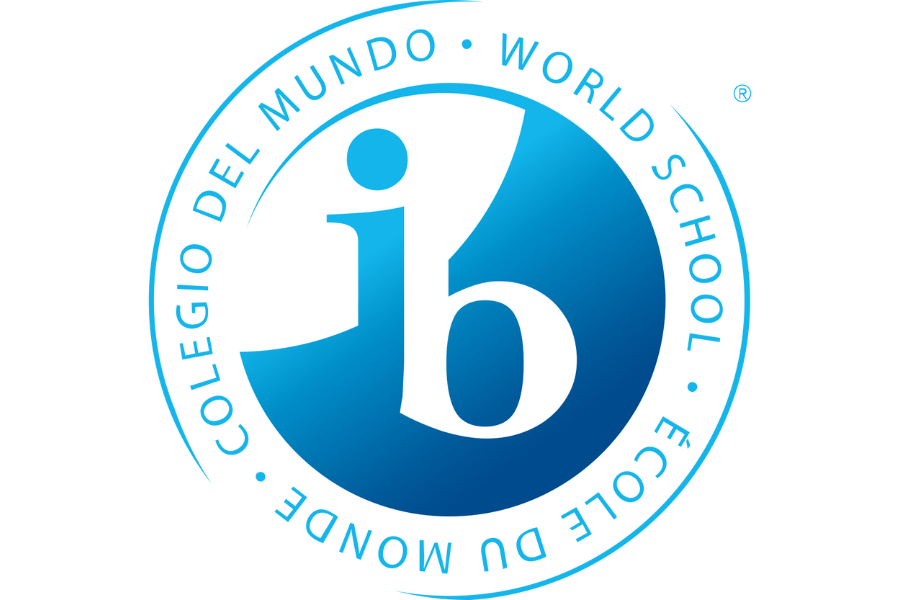International Baccalaureate Diploma Programme (IBDP) Overview
The International Baccalaureate Diploma Programme (IBDP) is a rigorous, two-year pre-university curriculum for students aged 16–19 (typically Grades 11–12). Recognized worldwide, the IBDP is designed to prepare students for success at leading universities by emphasizing critical thinking, research, and holistic development.
IBDP vs. AP: Key Differences
- IBDP is a comprehensive, two-year program emphasizing critical thinking, theory, and writing. Completing the full curriculum leads to the IB Diploma.
- AP (Advanced Placement) allows students to select individual courses and exams, focusing on mastery of specific subjects for college credit. AP is more flexible and less structured than IBDP.
- Students who do not complete the full IBDP program can still earn individual IB Subject Certificates, but only full completion earns the IB Diploma.
IBDP Program Structure
- DP Core (Three Required Components):
- Theory of Knowledge (TOK): Explore the nature and acquisition of knowledge.
- Creativity, Activity, Service (CAS): Participate in creative projects, physical activities, and community service.
- Extended Essay (EE): Complete a 4,000-word independent research paper on a chosen topic.
-
- Six Subject Groups:
- Studies in Language and Literature
- Language Acquisition
- Individuals and Societies
- Experimental Sciences
- Mathematics
- The Arts (optional; students may take an additional course from Groups 1–5 instead)
-
Higher Level (HL) and Standard Level (SL) Courses
- Each IBDP subject is offered at two levels:
- Higher Level (HL): 240 teaching hours, offering greater depth and complexity.
- Standard Level (SL): 150 teaching hours, providing foundational knowledge.
-
- Students must take at least three HL subjects (up to four), with the rest at SL.
- Both HL and SL courses are assessed using the same grading criteria, but HL demands more advanced understanding and coursework.





